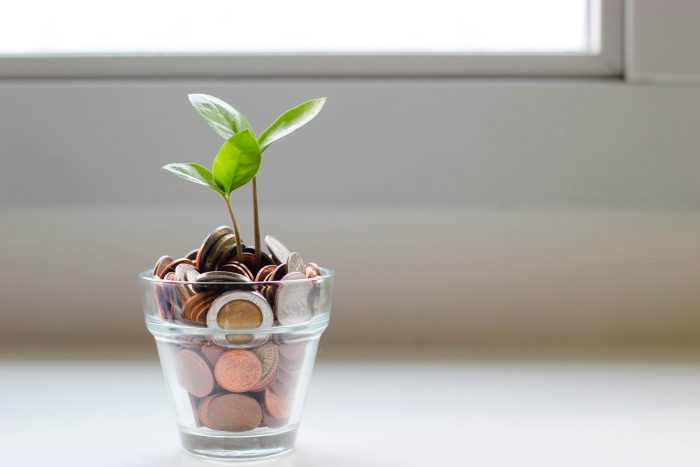If not, I don’t blame you. Unsurprisingly, your bank probably doesn’t want you to know this. See this article as a fun reminder to check your bank credentials…
Banks invest the money you put in them, and where they choose to invest that money matters.
In 2020, Ethicalconsumer.org rated 32 of the UK’s top current accounts in terms of their ethics and environmental impact. This involved looking at where banks invest your money (whether they continue to fund fossil fuel companies, fund factory farming, palm oil plantations, and the mining and extractive industries), and whether or not banks pay their fair share of tax.

“The best banks included Triodos, Monzo, Nationwide, Starling, Metro Bank and The Co-Operative bank among others.“
The worst banks they rated included Santander, Barclays, Lloyds banking group, Citigroup, Natwest, HSBC, and Tesco.
Who you choose to bank with is, like any financial decision (whether that’s spending or saving), an environmental and ethical choice as well as a purely economic one. Whilst you as an individual should not feel the entire weight of climate change and the good of the future of mankind on your shoulders, entirely blaming big businesses (and banks) may leave you feeling like everything is out of your hands, and feeling hopeless. Switching banks is a relatively easy, practical decision, and one that cumulatively adds up to send big banks a message about where we want our money going.
“As a student, you shouldn’t feel bad about the fact you were won over by a free rail card…”
Understandably, as a student, you shouldn’t feel bad about the fact you were won over by a free rail card (if you know you know), or if you got ‘free’ money to set up a new student account with someone else. However, you can always set up another new bank account, maybe one for the long term, and make a choice that aligns more with your values.
